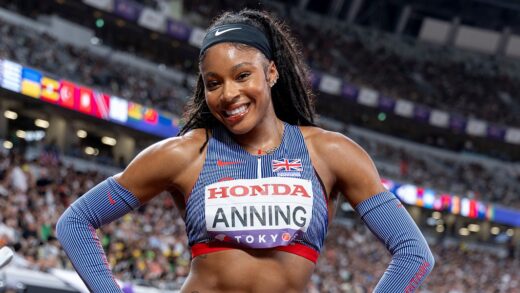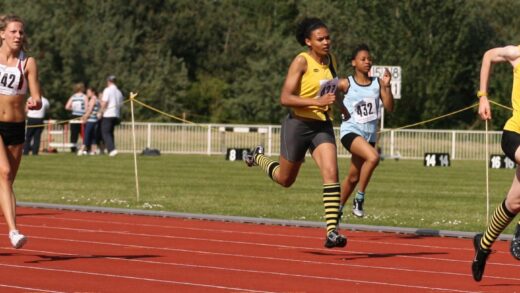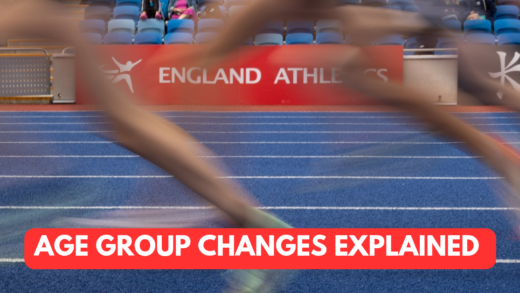
We Value Your Privacy
We use cookies to give you the best online experience, please be aware of our Privacy Policy.

We use cookies to give you the best online experience, please be aware of our Privacy Policy.

England Athletics (along with UK Athletics and other Home Country Federations) has confirmed a major realignment of junior age‑group categories, aimed at simplifying progression and supporting athlete retention. Here’s everything to know:
From 1 April 2026, competition age groups will shift from the existing U13, U15, U17, U20 structure to:
U10 – school years 3–4
U12 – school years 5–6
U14 – years 7–8
U16 – years 9–10
U18 – years 11–12
U20 – school year 13+
These will sit alongside seniors (20+) and masters.
England Athletics highlights:
Better alignment with school years—avoiding mid-academic-year group shifts
Greater consistency across cross country, road, indoor, track
Reducing exam-year pressure by spacing key age‑group competitions across non-exam periods
Smoother progression through age groups, making long-term retention easier
April 2026–August 2026: Track & Field transition phase
September 2026–March 2027: Cross country/indoor use new grouping
From April 2027, only U16–U20 will vie for national titles (plus U23/seniors)
Competition year will run 1 October–30 September, so athletes stay in one age category across disciplines .
The current optional U11 bracket (non-affiliated) will be replaced by new U10 competition. Youth-focused events like Sportshall and QuadKids will continue to support these younger groups .
Road/cross-country distances have been updated with maximum and recommended lengths per age band (e.g., U12 max ~5 km, U16 max ~12 km, U18 max ~25 km).
Implements and hurdles—weights and heights are aligned to existing junior standards; detailed specs are being finalised. Clubs are encouraged to pilot new rules in the 2025–26 indoor season.
Para‑athletics guidelines are forthcoming from a dedicated subgroup.
January 2024: UK Athletics signs off on Commonwealth Athletics Federations’ proposals.
Multiple consultations held—including webinars (March 2024), regional forums, club surveys—with over 330 webinar attendees and 821 individual survey responses.
Summer–Autumn 2024: technical and off‑track task‑groups formed, drafting implementation plans; rules advisory input and competition provider webinars continuing through late 2024 and into 2025.
Ongoing drop‑in Q&A sessions (23 July, 9th September and 8th October) for clubs, coaches, parents to clarify hurdles, event formats, etc.
Final rulebook updates scheduled for late 2025/early 2026.
Full technical specifications (implements, distances, hurdle heights) will be published by winter 2025/26.
These changes mark a forward-thinking approach to athlete development—offering clear, consistent age bands that align with school progression and hold promise for retaining promising young talent. They also simplify competition organisation and technical implementation.

Find unbeatable Black Friday deals across leading sports and running brands this year.

UK Athletics Announce Lottery Funded Athletes

Find out the latest on the forthcoming changes to age groups in athletics

England Athletics (along with UK Athletics and other Home Country Federations) has confirmed a major realignment of junior age‑group categories, aimed at simplifying progression and supporting athlete retention. Here’s everything to know: